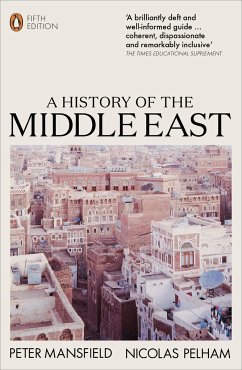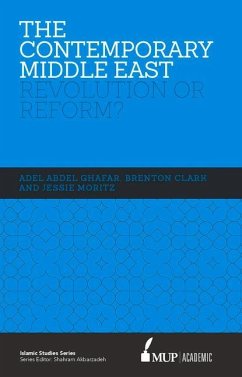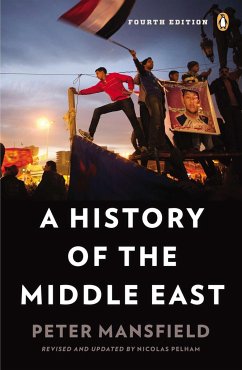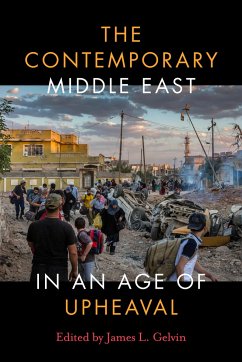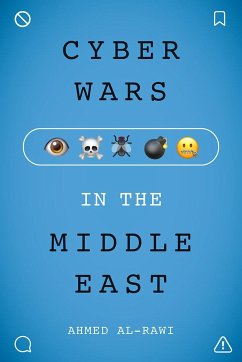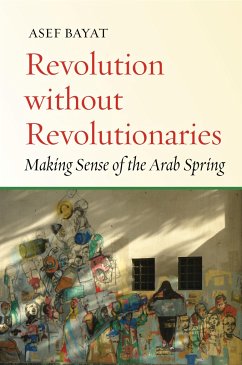
The Influence of Orientalism on American Perceptions and Policies in the Middle-East
Versandkostenfrei!
Versandfertig in über 4 Wochen
26,99 €
inkl. MwSt.
Weitere Ausgaben:

PAYBACK Punkte
13 °P sammeln!
Orientalism as a scholarly tradition and a mode of thought looms large in the perceptions of the Middle-East both at the public and official spheres in America. This paper traces the formation of the Orientalist outlook back to the Middle-Ages. It argues that the Orientalist vision of the Middle-East has largely informed the interactions between the United-States and the Middle-East during much of the twentieth century up to the present day. In particular, the Orientalist expertise provided to civilian and military decision makers, under the guise of Area Studies, has time and again proven ina...
Orientalism as a scholarly tradition and a mode of thought looms large in the perceptions of the Middle-East both at the public and official spheres in America. This paper traces the formation of the Orientalist outlook back to the Middle-Ages. It argues that the Orientalist vision of the Middle-East has largely informed the interactions between the United-States and the Middle-East during much of the twentieth century up to the present day. In particular, the Orientalist expertise provided to civilian and military decision makers, under the guise of Area Studies, has time and again proven inaccurate or confusing with often disastrous long-term consequences. The on-going war in Iraq is the ultimate illustration of how Orientalist conventional wisdom had it wrong. The stark discrepancies between expert predictions and actual developments and the growing insistence on cultural awareness among the US military seem to underscore the limits of the prevailing Orientalist paradigm of perception. While Orientalist knowledge should not be rejected wholesale, there is a need to empanel other Middle-East experts, who are shorn of Orientalist bias, to achieve a balanced assessment of the developments in this critical region of the world. Likewise, military curricula and recommended reading lists should include other authoritative materials which present other perspectives on the Middle-East, relying more on empirical data than on philological conjectures. This work has been selected by scholars as being culturally important, and is part of the knowledge base of civilization as we know it. This work was reproduced from the original artifact, and remains as true to the original work as possible. Therefore, you will see the original copyright references, library stamps (as most of these works have been housed in our most important libraries around the world), and other notations in the work. This work is in the public domain in the United States of America, and possibly other nations. Within the United States, you may freely copy and distribute this work, as no entity (individual or corporate) has a copyright on the body of the work. As a reproduction of a historical artifact, this work may contain missing or blurred pages, poor pictures, errant marks, etc. Scholars believe, and we concur, that this work is important enough to be preserved, reproduced, and made generally available to the public. We appreciate your support of the preservation process, and thank you for being an important part of keeping this knowledge alive and relevant.



